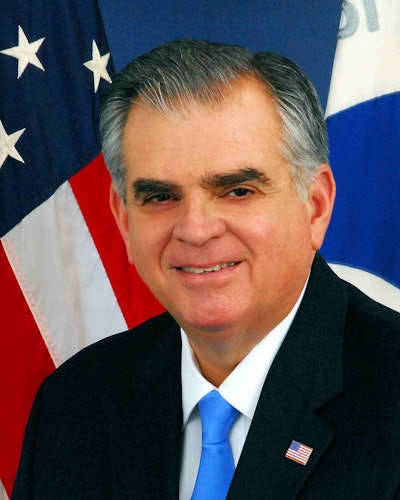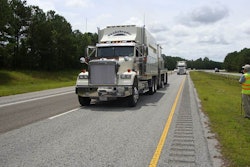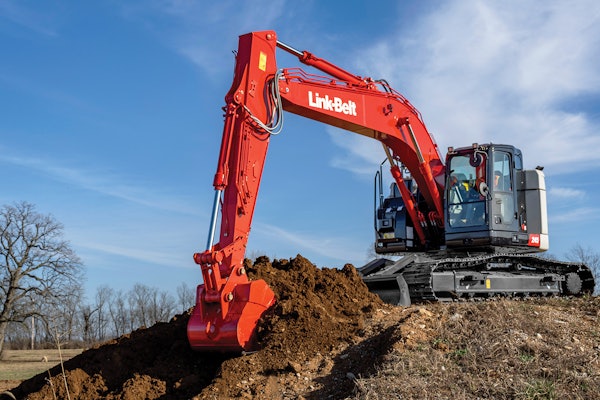 Former U.S. Transportation Secretary Ray LaHood
Former U.S. Transportation Secretary Ray LaHoodDuring a trip to St. Louis, Mo., on Tuesday, former Transportation Secretary Ray LaHood pushed for a 10-cent-per-gallon gas tax increase, St. Louis Public Radio reports.
LaHood is visiting the city to promote infrastructure investment and bring awareness to the state of the Highway Trust Fund (HTF), a primary source of funding for state and local transportation projects. The HTF is projected to run out of money by the end of August. The U.S. Department of Transportation announced earlier this week that, starting next month, it plans to reduce the amount of money and frequency of payments to state DOTs in an attempt to prevent draining the HTF.
HTF insolvency will likely result in delayed or halted projects, and it puts 700,000 jobs at risk.
“I think that people need to understand that the Highway Trust Fund will be broke at the end of the summer,” LaHood said in the report. “That means that the pot of money that funds projects all over America, if it’s not replenished, won’t be there. And a lot of projects are going to stop. And a lot of people are going to be unemployed. And a lot of people are going to be out of work. And a lot of contractors are going to be wondering how they’re going to fund their projects.”
LaHood noted that he supports a 10-cent federal fuel tax increase — a point he has brought up more than once since retiring from the DOT. (Read more about his push for a gas tax hike here and here.)
He also hinted at indexing the tax to inflation to prevent future HTF insolvency.
“If it had been indexed in 1993, we wouldn’t be having this debate because the trust fund would be solvent. The trust fund is broke and will be broke here in another 30 days. And the way to replenish the trust fund is to raise the gas tax and index it [to inflation],” he said in the report. “I think that gets you at least back to some semblance of opportunity to do what needs to be done. It doesn’t give you the kind of surpluses you need. But I think it does send a signal that our country is serious about infrastructure.”







